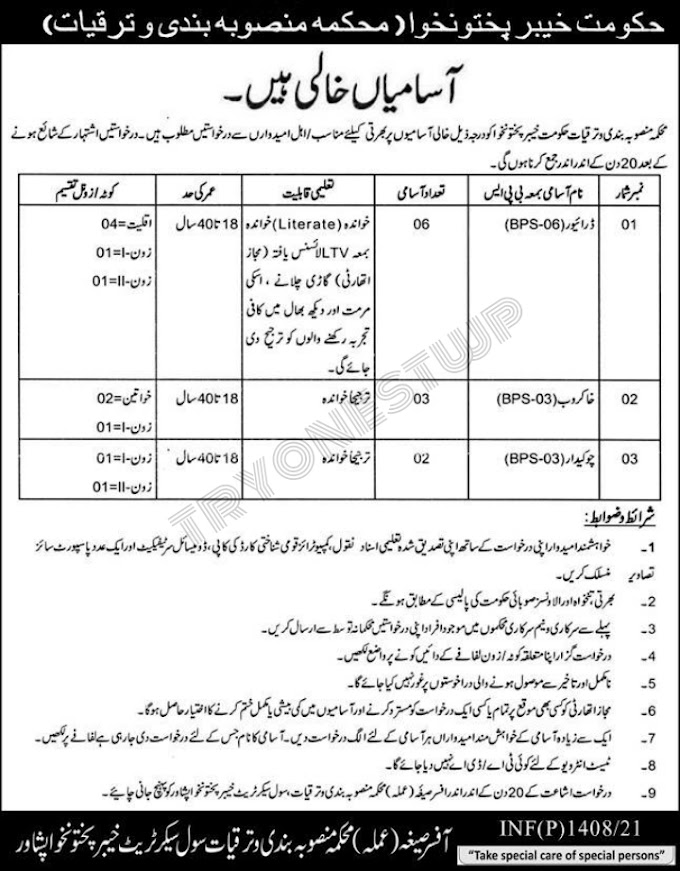Do you know what a blog is?
If you don't, you've come to the right place. In 1994, when blogs were started, a blog was a personal diary that people shared online. In this online journal, you can talk about your daily life or share about your activities. Then, people saw the opportunity to communicate information in a new way online. This is how the beautiful world of blogging started.
Today there are over 570 million blogs on the web. The number of bloggers in the United States alone will reach 31.7 million by 2020.
What is the purpose of a blog?
There are many reasons to start a blog for personal use and just a handful of powerful reasons for business blogging. There is a very straightforward purpose to giving your website a higher place in Google SERPS, for business, projects or anything else that can make you money.
As a business, you rely on consumers to continue purchasing your products and services. As a new business, you rely on blogging to help you reach potential consumers and get their attention. Without blogging your website will be invisible, on the other hand running a blog will make you searchable and competitive.
So, the main purpose of any blog is to connect you with relevant audience. Another is to boost your traffic and send quality leads to your website.
The more frequent and better your blog posts, the more likely your website is to be discovered and viewed by your target audience. This means a blog is an effective lead generation tool. Add a great CTA (call to action) to your content, and it will convert your website traffic into high quality leads. A blog allows you to showcase your niche authority and create a brand.
When you use your niche knowledge to create informative and engaging posts, it builds trust with your audience. Great blogging makes your business look most credible, which is especially important if your brand is still young and fairly unknown. This simultaneously ensures the presence of online and niche authorities.
Blog structure
The presence of blogs has changed over time and nowadays blogs include a variety of items and widgets. However, most blogs still include some standard Amazing features and structures.
Here are some common features that a typical blog would include:
▪ Title with menu or navigation bar.
▪ Highlights or areas of major content, including recent blog posts.
▪ Sidebar with social profiles, favorite content, or call-to-action.
▪ Relevant linked footnotes such as denial, privacy policy, contact page, etc.
The example above is the basic structure of the average blog. Each item has its own importance and your blog helps visitors navigate.
Blogs and websites
Many people are still wondering if there is any difference between a blog and a website. What is a blog and what is a website? Distinguishing between the two today is even more challenging. Many companies are integrating blogs on their websites, which confuses two more.
What is the difference between websites and blogs?
Blogs need frequent updates. Good examples of this include a food blog sharing food recipe or an organization writing about their industry news.
Blogs engage readership. Readers have the opportunity to comment and the community has the opportunity to share their various concerns and thoughts. Blog owners regularly update their site with new blog posts.
Websites, on the other hand, consist of content presented on a static page. Fixed website owners rarely update their pages.
Key elements that identify a blog post from a static website page include a publication date, author's reference, category, and a tag in a byline. Not all blog posts have these byline elements, none of these items are on static website pages. From a visitor's point of view, content on a stable site will not change from one visit to the next. However, depending on the publishing schedule of the blog owner, the content in a blog will present something new every day, week or month.
What is blogging?
In the early 2000s, blogging emerged in various forms during the birth of several political blogs. How blogs with manuals start to appear. Established organizations began to note the difference between journalism and blogging.
Definition of blogging
Blogging is a collection of skills needed to run and oversee a blog. It equips a web page with tools for writing, posting, linking and sharing on the Internet.
Why is blogging so popular?
It is important to note that the popularity of blogging increases with each passing day!
To answer the question ‘what is blogging’ we should look at the reasons behind its emergence.
In the early days, blogs became mainstream, as news services began to be used as tools for their promotion and opinion formation. They became a new source of information.
Through blogging, businesses saw a positive way to improve their customer satisfaction levels. Blogs help companies keep clients and customers up to date. Also, the more people who visit your blog, the more exposure and confidence your brand will gain.
Personal and niche bloggers saw the potential to reach more people interested in unique specific topics. Through a blog, visitors can comment and interact with you or your brand which helps you build a network of loyal followers.
Did you know that you can make money with blogging? After getting enough attention and fans to your blog, you can explore ways to monetize your blog. Through blogs, you can provide your services and sell products.
Who is a blogger?
In recent times, bloggers have become famous for a variety of reasons. Blogging has become an alternative career or side business for you. Seeing this more people are choosing to join the blogging list.
So who are the bloggers? Bloggers are people who like to share parts of your life with you. They post on a variety of topics from arts, home design, woodwork, and finance articles. Bloggers don’t have to be mobile and stay in one place. They live on the internet!
Definition of a blogger
A blogger is someone who runs and controls own blog. She shares her views and knowledge on various topics for the target audience.
Why are so many people blogging today?
Do you want to have a blog of your own? Yes!
Nowadays Every people today are creating blogs for a variety of reasons. Every human being has his own story and many more. Bloggers can communicate with a large number of people through the Internet.
Why is blogging so popular?
Blogs allow you to talk about what you're interested in and express your opinion. You’ll find some bloggers writing about every activity that happens during their day. These activities can range from small things to big issues like waking up to human rights and climate change! Remember that a blogger is running your own blog, you should focus on the topics you are passionate about and try to become one of the best blogs on the web with that focus.
Are bloggers getting paid?
Our blogging industry survey proves that bloggers make money but it is not a rich-fast kind of profession. You need to create both your Google SERPs ranking and your niche effect before you can start monetizing your blog. These tasks take a lot of time and quality materials. Monetization opportunities will not present them until you have gained some credibility in the field. So, get down to business.
Here's how you can make good money as a top niche blogger:
▪ Selling advertising space on your blog in person or through Google AdSense.
▪ Becoming an authorized partner, either personally or through ad networks.
▪ Sells your own digital products such as ebooks and tutorials.
▪ Sell subscriptions for access to exclusive content or advice.
▪ Use your blog as a content marketing toolkit for your business.
If you started a blog as a way to stay in the market and promote your existing business, you probably wouldn't sell advertising space or membership. But you can start creating and offering exclusive digital products like e-books, guides or online courses as top capturing tools in exchange for visitors ’email addresses. That way, you can push your sales funnel one step further down.
Want to start a blog on your own?
Here are some steps you can take to begin the process of preparation for mediation. First, you need to set a name for your blog, also called a domain name. Then next step you need to choose the best blogging platform for your needs. We recommend going with a self-hosted platform. It has a few choices for self-hosted platforms, but the most popular is WordPress.R.
And the next step is to choose a web hosting service. For new bloggers, we strongly recommend an organization called Bluehost , Hostinger that has power over 2 million websites worldwide. You get a free domain name when you sign up with them, and they offer a 30-day money-back guarantee if you don't like their services.
Conclusion
We hope you have learned some helpful facts about the world of blogging. If you've ever managed to start a blog, your next step is to work on the content of your blog to keep your future readers satisfied and engaged. Check out our comprehensive list of blogging resources that will help you start and grow new blogs!







0 Comments